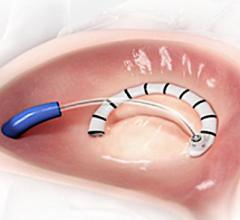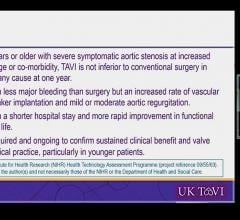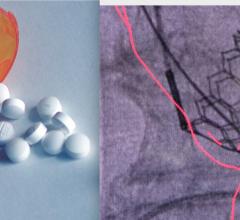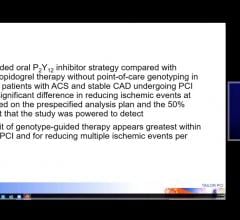March 31, 2020 — Four metropolitan Detroit hospital systems and a leading research university announced a collaboration ...
March 30, 2020 — Smokers who received smoking cessation counseling and used electronic cigarettes (e-cigarettes) ...
March 30, 2020 — Patients undergoing coronary bypass graft (CAGB) surgery lived longer and had better outcomes when ...
Cardiac PET/CT represents a major advancement in cardiovascular diagnostics, offering significant clinical and ...
March 30, 2020 — Edwards Lifesciences Corp. announced it is temporarily pausing new enrollments in its active pivotal ...
March 30, 2020 — A group of 13 U.S. medical societies sent an open letter to Congress appealing to them to do what is ...
March 30, 2020 — Patients in the United Kingdom (U.K.) who underwent transcatheter aortic valve replacement (TAVR) did ...
SPONSORED CONTENT — Studycast is a comprehensive imaging workflow system that allows healthcare professionals to work ...
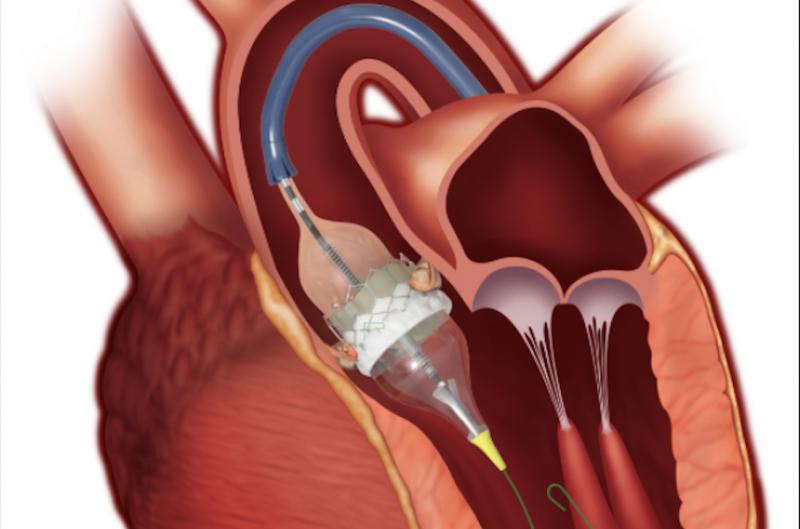
March 30, 2020 — Low-risk patients undergoing transcatheter aortic valve repair (TAVR) at two years did just as well ...
March 29, 2020 — Worse than expected outcomes were found for survival and quality of life among patients undergoing ...
March 29, 2020 — Patients with worsening heart failure and reduced ejection fraction who received the investigational ...
Providing exceptional cardiovascular care for patients to achieve the best possible outcomes is the number one goal for ...
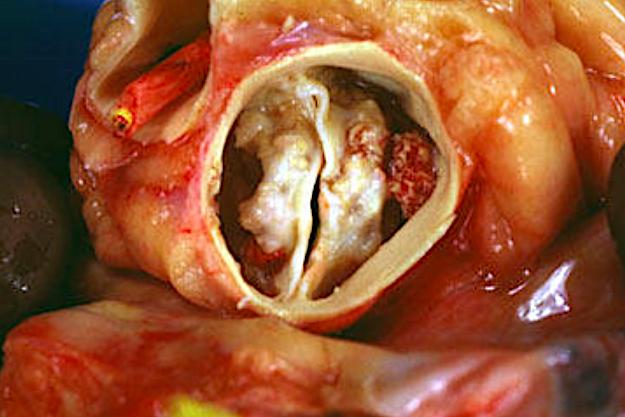
March 29, 2020 — Patients with bicuspid, or two-leaflet, aortic valves who undergo transcatheter aortic valve ...
March 29, 2020 — Patients with atrial fibrillation (AF) who took oral anticoagulants alone after undergoing ...
March 28. 2020 — Among adults with heterozygous familial hypercholesterolemia, those who received the drug inclisiran ...
Cardiac positron emission tomography (PET) is growing in popularity among cardiologists because it provides the ability ...
March 28, 2020 — Women with coronary artery disease that reduces blood flow and oxygen to the heart muscle (ischemia) ...
March 28, 2020 — New data from a sub-analysis of the landmark Phase III DAPA-HF (Dapagliflozin And Prevention of Adverse ...
March 28, 2020 — The TAILOR-PCI trial that used genetic testing to guide which antiplatelet medication was given to ...


 March 31, 2020
March 31, 2020



